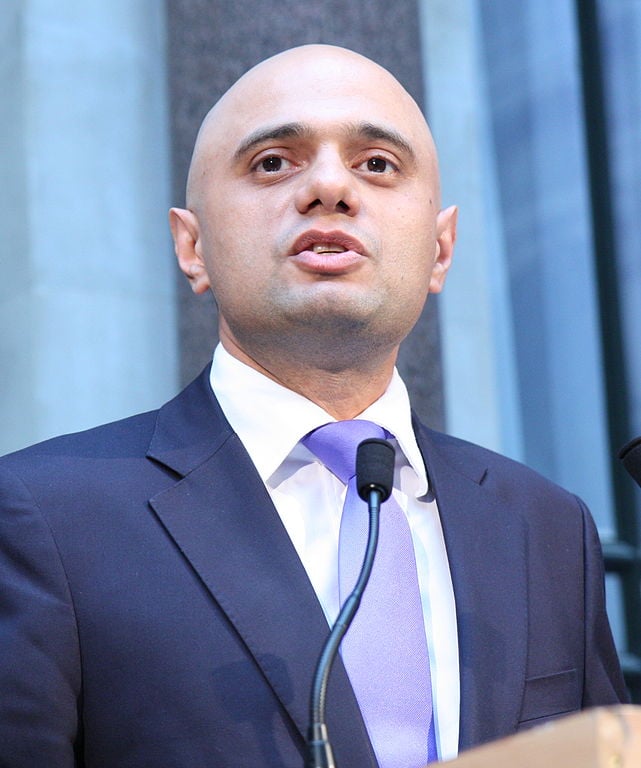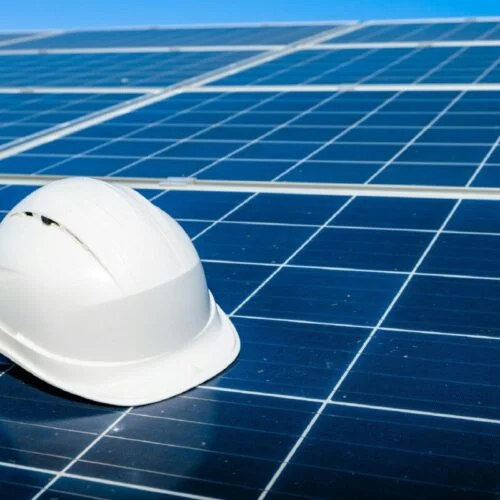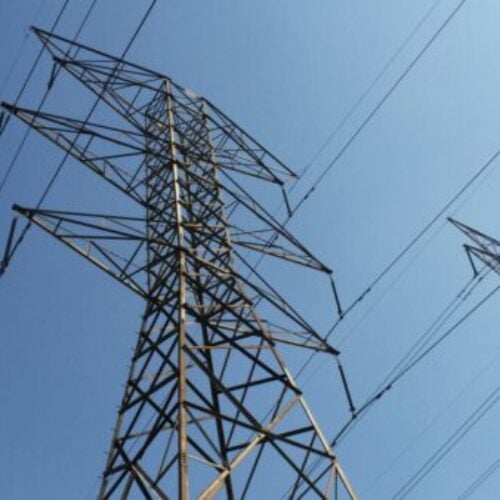The government has unveiled its official plans to replace the current compensation scheme for energy intensive industries (EIIs) with a full exemption from costs associated with the Renewables Obligation (RO) and feed-in tariff (FiT) schemes, effectively driving up prices for other industries.
While attempting to lower costs for large industries in the UK, the move is also expected to increase energy bills for households and non-exempt businesses.
Motivated by ongoing uncertainty over the future of the UK steel industry, the government’s consultation was launched on Friday 1 April. The proposals would see qualifying businesses exempt from the indirect costs of the renewables subsidies for up to 85% of their electricity use, estimated to result in a saving of £390 million a year.
As well as lowering costs for firms like Tata Steel, the plans are expected to increase the international competitiveness of EIIs against businesses around the world which are not required to pay green levies.
The consultation also claims that the current scheme does not provide EIIs with sufficient certainty over the longer term, as compensation is contingent upon departmental budgets which can fluctuate, whereas an exemption would provide ‘consistency and greater certainty’.
The plans will replace the current compensation scheme that sees the government return the cost of these payments to firms in 2017/18.
Commenting on how the plans are intended to help the UK’s struggling steel industry, business secretary Sajid Javid said: “Help with energy costs has been one of the steel industry’s key asks and, having extended last year the compensation we are paying out, I want to see progress on exempting them altogether.
“While we can’t control the global price of steel, we are doing everything we can to help our steel industry, not just on energy costs but also securing flexibility on EU emissions rules and on tariffs.”
According to the latest central projections by the Office for Budget Responsibility (OBR) the total costs of the RO and FITs schemes are estimated to be £7.1bn in 2017/18, rising to £8.2bn in 2020/21. These costs will be spread over consumers who are not exempt to make up for the £390 million which will no longer be collected from EIIs, with a 1% increase in energy bills expected across homes and businesses.
In its impact assessment for the proposals, the Department of Energy and Climate Change (DECC) expects the increase in electricity costs for other businesses to impact on decisions around employment, output and investment.
Despite this impact, the government has called the move from compensation to exemption ‘zero net cost’ as the money it saves from compensating firms will be picked up by non-exempt businesses and households.
As the exemption is based on the volume of electricity supplied, it is thought the plans may also lead to a reduced imperative for investment into energy efficiency measures and increased carbon emissions.
In fact, the impact assessment adds that due to the per unit electricity cost decreasing as a result of the exemption, EIIs may be incentivised to expand output and purposely increase carbon emissions.
The consultation will remain open until 27 May 2016.






